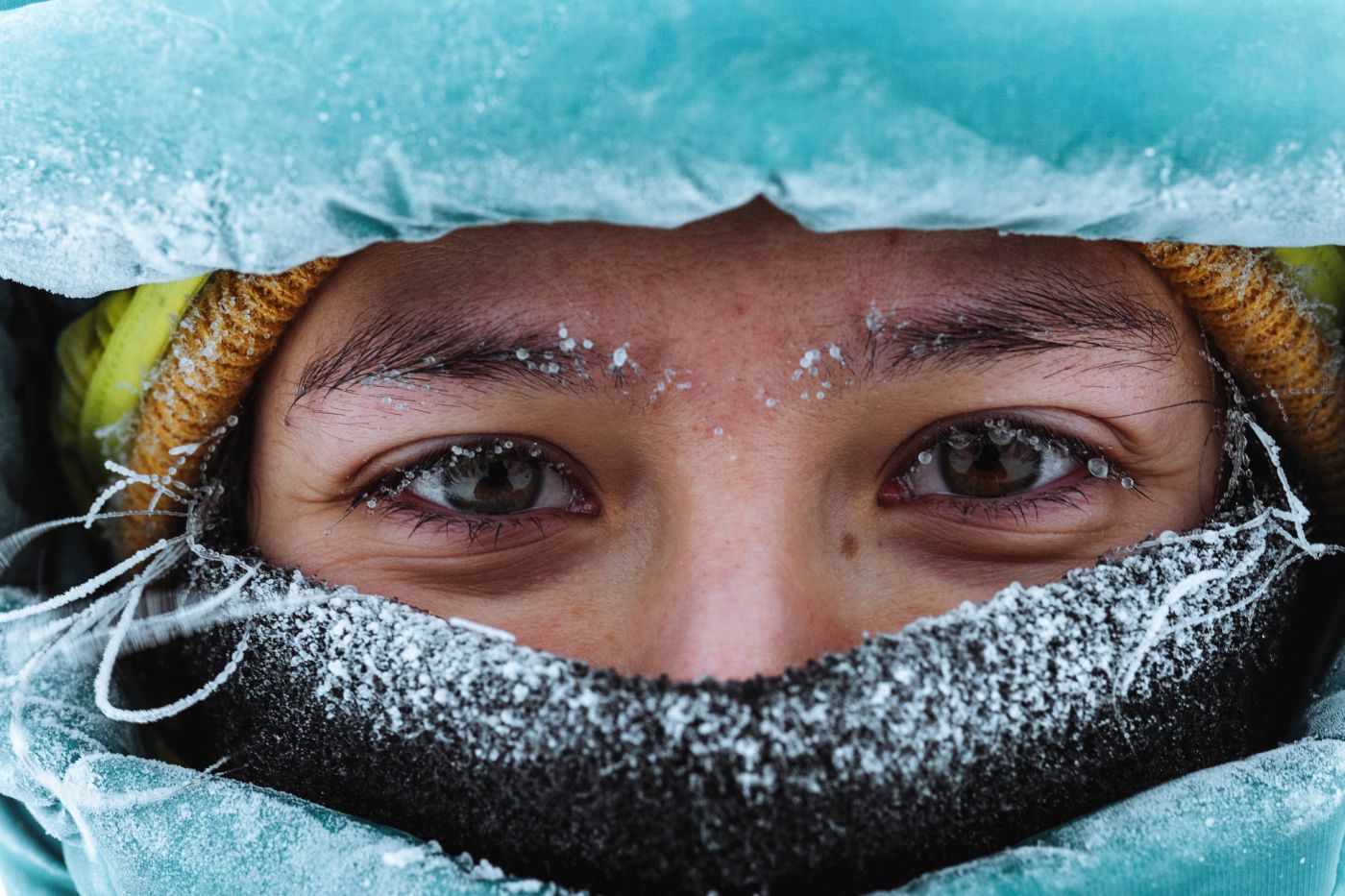Winter brings a magical blanket of white snow, creating a picturesque landscape. However, this beauty also poses a potential danger to our eyes – winter glare. The intense reflection of sunlight off snow and ice can be harmful, causing temporary discomfort or long-term eye damage.
In this blog post, we will explore the impact of snow and ice on our eyes and provide valuable tips on how to combat these challenges to ensure optimal eye health during the winter season. Let’s jump right in!
Understanding Winter Glare
Winter glare occurs due to the reflective properties of snow and ice. This phenomenon is known as snow blindness or photokeratitis. When sunlight hits the white surface, it bounces back, creating an amplified intensity that can overwhelm the eyes. The reflection of UV rays off the snow and ice is responsible for the increased risk of eye damage.
The Impact of Winter Glare on Your Eyes
Exposure to winter glare can have immediate and long-term effects on your eyes. Some common impacts include:
Snow Blindness
Overexposure to winter glare can cause temporary vision loss, known as snow blindness. It is characterized by symptoms like blurred vision, sensitivity to light (photophobia), and eye discomfort.
UV-ray Damage
Prolonged exposure to UV rays reflected off snow and ice increases the risk of developing long-term eye conditions, such as cataracts, macular degeneration, and even certain types of eye cancer.
Dry Eyes
Winter air is notorious for its low humidity, leading to dry eyes. Combined with the glare, it can cause discomfort, redness, and itchiness.
Tips to Combat Winter Glare
Protecting your eyes from the harsh effects of winter glare is essential for maintaining good eye health and enjoying the winter season to the fullest. Here are some effective tips to combat winter glare:
- Wear Sunglasses
Invest in good quality sunglasses with 100% UV protection to shield your eyes from harmful rays. Opt for polarized lenses that reduce glare and improve visibility.
- Use a Wide-Brimmed Hat
Wear a wide-brimmed hat or a visor to provide additional shade to your eyes. This will help block indirect sunlight and reduce glare.
- Apply Sunscreen
Don’t forget your eyelids! Apply a broad-spectrum sunscreen with SPF 30 or higher to protect the delicate skin around your eyes. This will prevent sunburn and reduce the risk of sun damage.
- Take Breaks Indoors
If you spend much time outside, especially in bright sunlight, take frequent breaks in shaded or indoor areas. This allows your eyes to rest and recover from glare exposure.
- Stay Hydrated
Winter glare and dry air can lead to increased evaporation of tears, causing dry eyes. Stay hydrated by drinking ample water, and consider using artificial tears or a humidifier to alleviate dryness.
- Avoid Looking Directly at the Sun
Refrain from staring directly at the sun, even during winter months. The glare from sun rays can still harm your eyes, mainly when reflected off snow or ice.
- Monitor Weather Reports
Stay informed about the UV Index and weather conditions. Plan your outdoor activities accordingly, avoiding peak sunlight hours and days with particularly high glare risk.
Conclusion
Winter glare can present a hidden danger to your eyes, but with proper precautions, you can enjoy the snowy wonderland without compromising your vision. By wearing sunglasses, using sunscreen, and taking breaks indoors, you can combat the impact of winter glare and protect your eyes from the harmful effects of UV rays. Prioritize your eye health this winter, and embrace the snowy season with confidence and clarity of vision!
Visit Precision Eye Clinic for the Best Eye Care Services in Houston, Texas
Most individuals fail to realize they need professional eye care or corrective eyewear until their vision problems interrupt their day-to-day lives. Minor vision problems will often turn into severe ones without proper treatment. They may also be signs of more severe underlying health issues.
We strive to bring the latest technology to diagnose potential eye-related illnesses before they cause vision problems and provide the most comprehensive eye evaluations in Houston, TX.
Please schedule an appointment today to see, look, and feel better!


